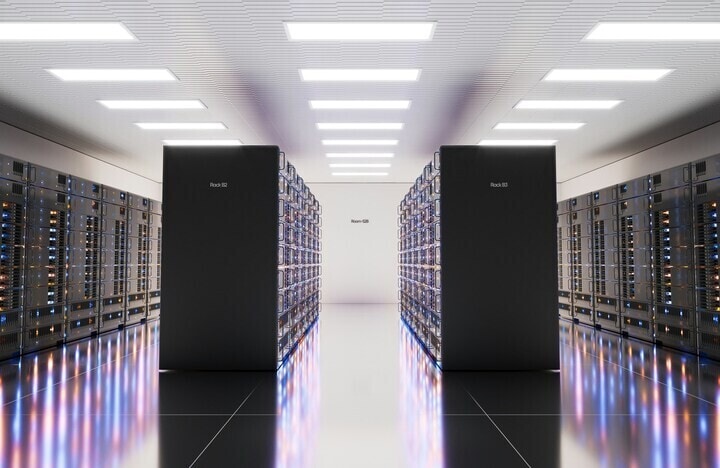This secret vault stores humanity’s most valuable knowledge – in case of an apocalypse

The Arctic World Archive now houses the source code to most of modern day technology, to preserve it in case of global catastrophe. Image: Markus Spiske/Unsplash
- Since 2017, the Arctic World Archive has been keeping digital records safe in case of an apocalypse
- This includes Vatican archives and movies
- It now also holds Microsoft's GitHub's open-source software
Hard copy
Next to the famous Global Seed Vault in Svalbard, Norway, is an abandoned coal mine protecting a different kind of resource against the end of the world: all of GitHub’s open source code.
Now, if the world ends, whatever survivors crawl out of the ashes will be able to access and use the software behind modern-day tech, perhaps on that weird post-apocalyptic operating system that some coders unveiled last month.
Rebuilding records
Since 2017, the Arctic World Archive, as it’s called, has stored other digital records, including the Vatican archives, movies, and anything else deemed worth saving, according to a new Bloomberg feature.
And now, with Microsoft-owned GitHub’s contribution, it also holds a hard copy of nearly all the open source software in the world, which can be read with nothing more than a magnifying lens.
Precautionary tale
The open source community is often dismissed as a fringe group of tech idealists, but much of the digital architecture with which we interact every day technically falls under the broad umbrella of publicly available open source code, Bloomberg reports. Think Facebook, Google, and Amazon — all of them rely on it.
So, while GitHub’s data dump seems like — and probably partially is — a bit of a stunt, it could someday prove useful if a catastrophe wipes out the world’s hard drives.
Don't miss any update on this topic
Create a free account and access your personalized content collection with our latest publications and analyses.
License and Republishing
World Economic Forum articles may be republished in accordance with the Creative Commons Attribution-NonCommercial-NoDerivatives 4.0 International Public License, and in accordance with our Terms of Use.
The views expressed in this article are those of the author alone and not the World Economic Forum.
Stay up to date:
Arctic
Related topics:
Forum Stories newsletter
Bringing you weekly curated insights and analysis on the global issues that matter.
More on Global RisksSee all
Allison Shapira
November 14, 2025







